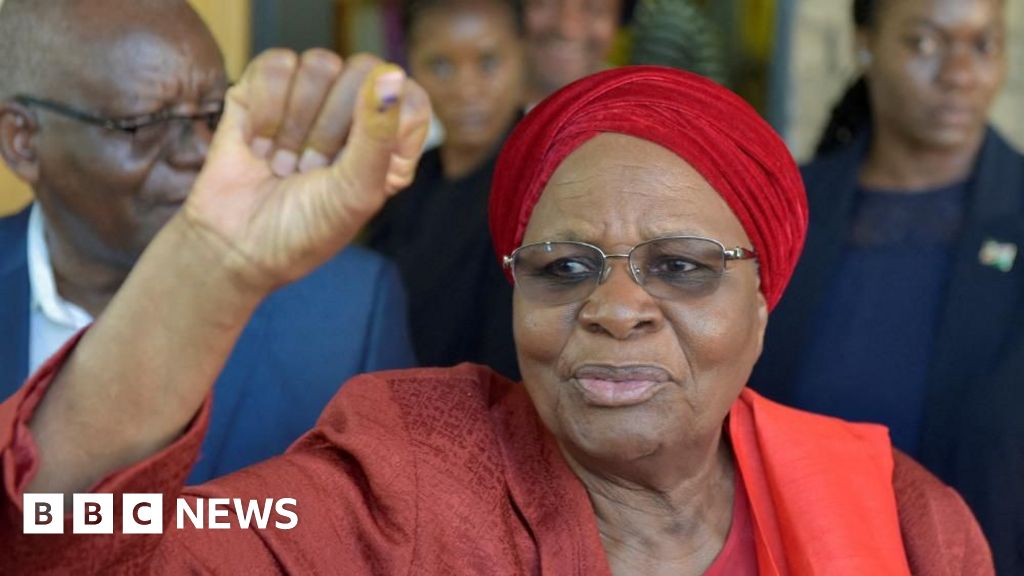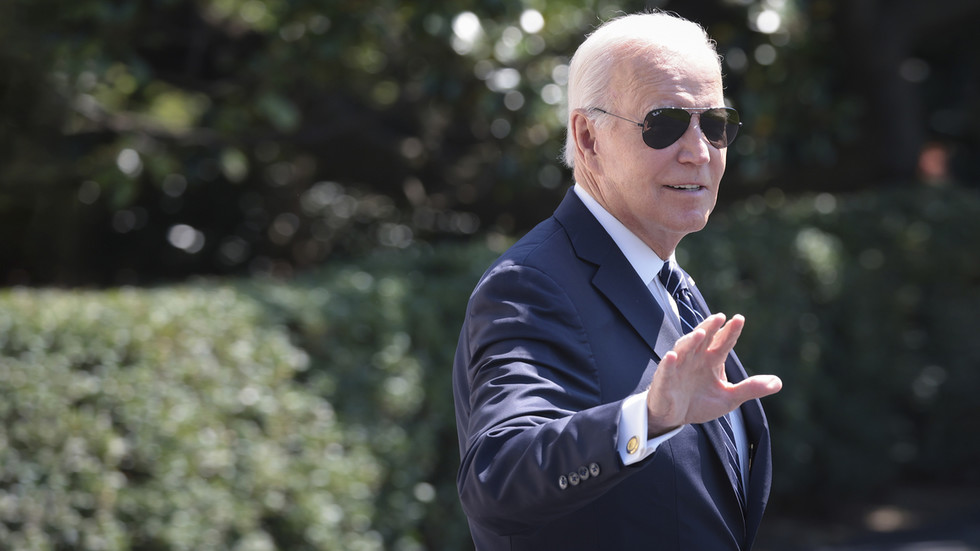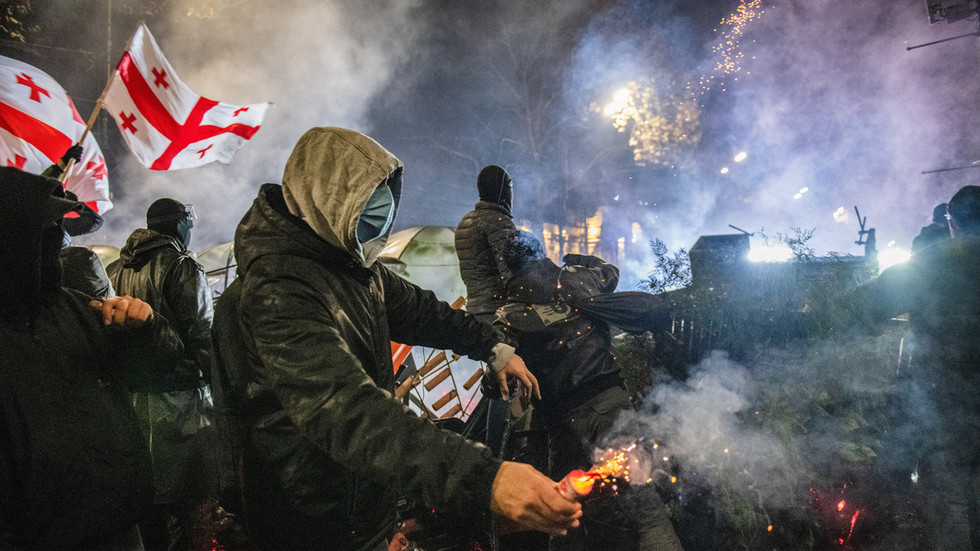Togolese President Faure Gnassingbe has signed a controversial new constitution that eliminates presidential elections, a move that opponents say will allow him to extend his family’s six-decade-long rule
ByERICK KAGLAN Associated Press
LOME, Togo -- Togolese President Faure Gnassingbe has signed a controversial new constitution that eliminates presidential elections, a statement from his office said late Monday. It's a move that opponents say will allow him to extend his family's six-decade-long rule.
Under the new legislation, parliament will have the power to choose the president, doing away with direct elections. The election commission on Saturday announced that Gnassingbe's ruling party had won a majority of seats in the West African nation’s parliament.
Ahead of the vote, there was a crackdown on civic and media freedoms. The government banned protests against the proposed new constitution and arrested opposition figures. The electoral commission banned the Catholic Church from deploying election observers. In mid-April, a French journalist who arrived to cover the elections was arrested, assaulted and expelled. Togo’s media regulator later suspended the accreditation process for foreign journalists.
Provisional results showed the ruling Union for the Republic (UNIR) party won 108 out of 113 seats in parliament, and 137 out of 179 positions in the senate.
The new constitution also increases presidential terms from five to six years and introduces a single-term limit. However, the almost 20 years that Gnassingbe has already served in office would not count toward that tally. The West African nation has been ruled by the same family for 57 years, initially by Eyadema Gnassingbe and then by his son. Faure Gnassingbe took office after elections that the opposition described as a sham.
The political opposition, religious leaders and civil society say the proposed new constitution makes it likely that Gnassingbe will stay on when his mandate expires in 2025. They also fear that the creation of a figure similar to a prime minister, to be selected from the ruling party, could become another avenue for Gnassingbe to extend his grip on power even beyond that new term.
A group of about 20 civil society organizations in Togo have called for protests to defend and reinstate the country’s constitution.
“We will never accept this new constitution, even after its promulgation. The Togolese people must decisively look towards 2025,” David Dosseh, a spokesperson for the civil society groups, told The Associated Press. “At that point, a presidential election is absolutely necessary for the people to choose a new president and finally achieve a democratic transition in Togo.”

 6 months ago
32
6 months ago
32






